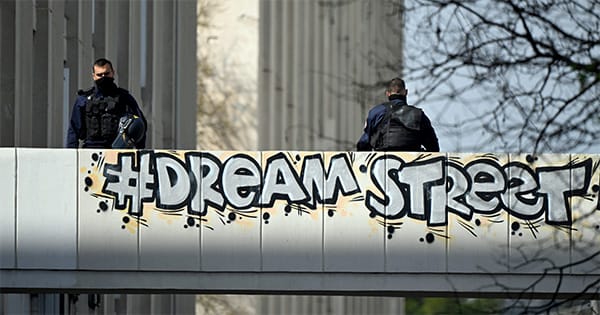Copyright mondediplo

In the early 1860s, Karl Marx wrote that just as a philosopher produces ideas and a poet verse, a criminal produces crime – and much else besides. At a time when narco-trafficking seems to have become one of French society’s principal scourges, his words merit renewed attention. Going against the criminological thinking of his day, which tended to view crime as a kind of social or mental disease, Marx suggested that it was in fact an integral part of collective life. The sociologist Émile Durkheim explored this idea more systematically a few years later, showing that grouping certain acts and behaviours under the label ‘crime’ serves to demarcate a society’s moral boundaries, separating a majority of ‘honest men’ from a minority of ‘criminals’. But Marx had an additional insight when he considered the ‘secondary benefits’ of crime: there are many activities (law, publishing, the press, science, technology) and professions (police officers, lawyers, insurers, locksmiths etc) that thrive because it exists. His list was not exhaustive: most of the political elite now merit a place on it, as they have made security one of their issues of choice. The ascendancy of ‘law and order’, which began in the US in the early 1970s, spread some 30 years later to Europe and Latin America. It provoked a race to pass laws and make pronouncements condemning political opponents’ naivety and laxity, and calling for tougher crackdowns, even in political parties traditionally more favourable to crime prevention and defending liberties. Separating security issues By separating security from social issues with which it was once closely linked, this trend has profoundly reshaped the framework and operating principles not only of justice and policing, but also of education and social services. As a result, French prisons are full to overflowing (85,000 prisoners as of 1 July 2025, for 62,509 places). without any observable reduction in crime and (…)



